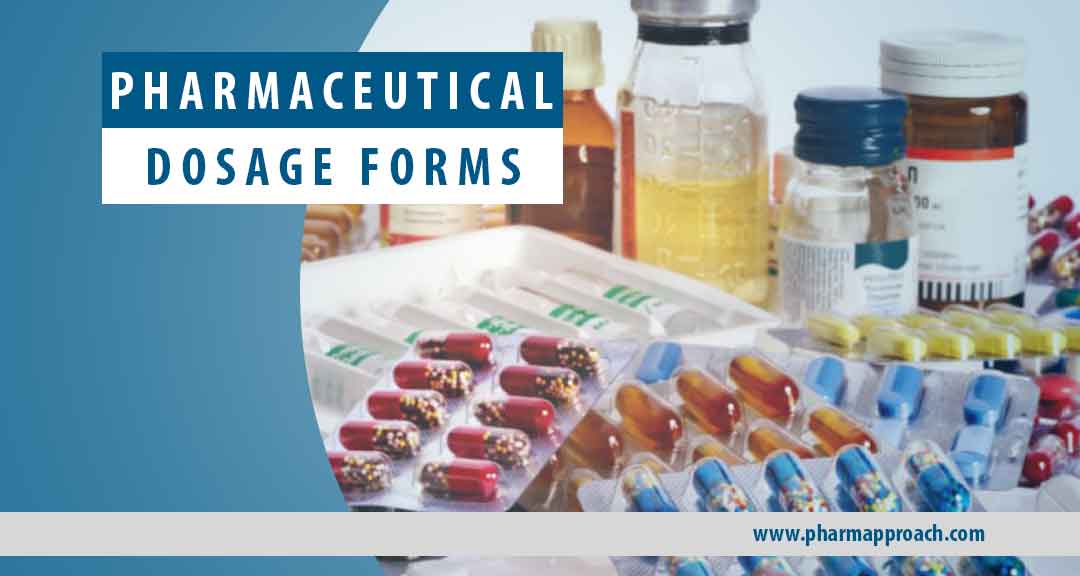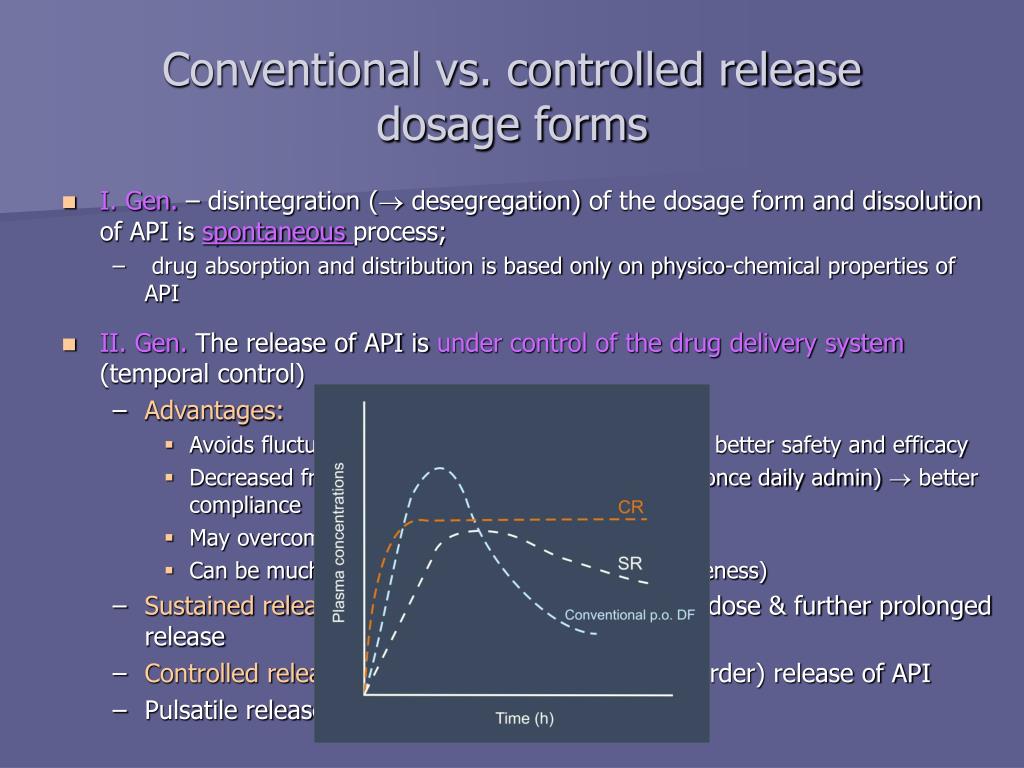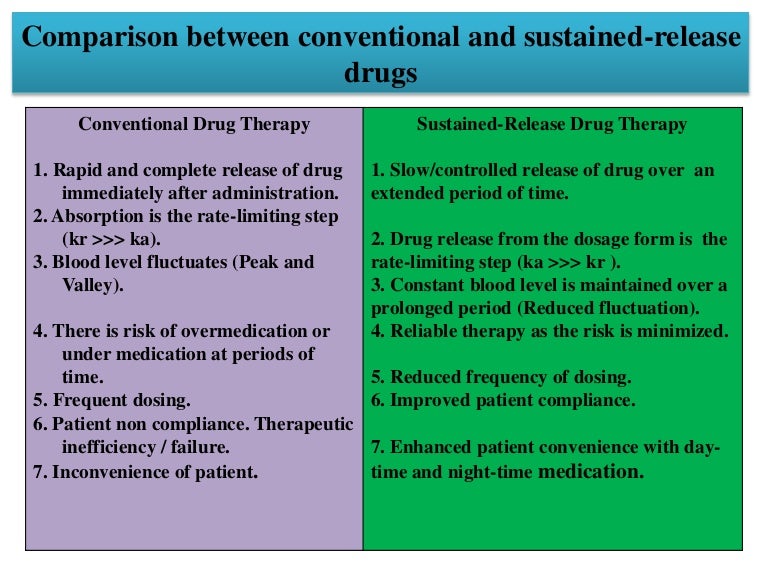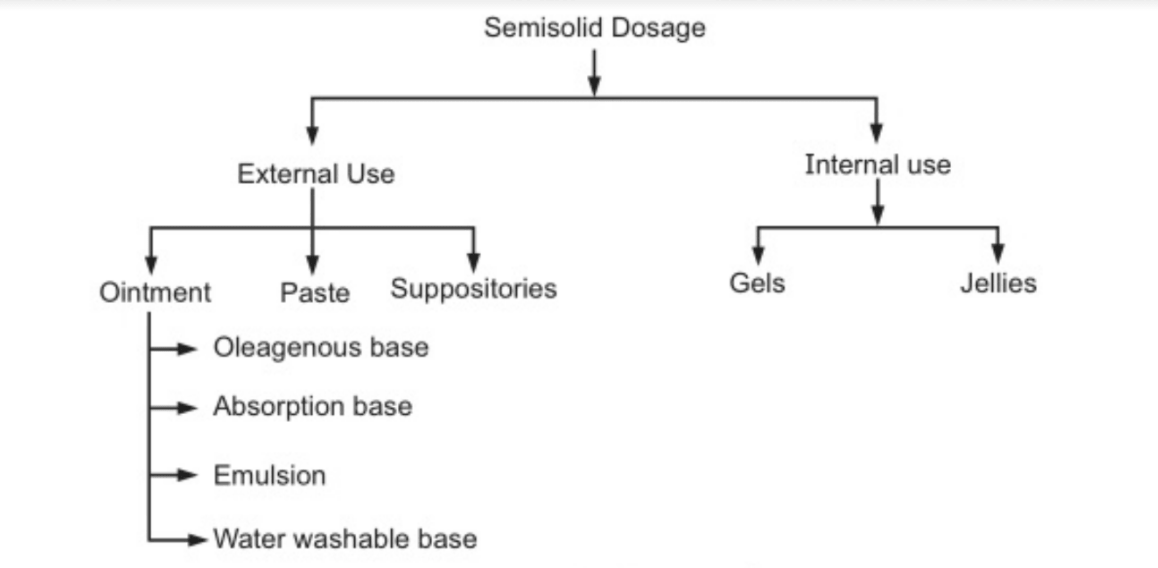Conventional Dosage Form
Conventional Dosage Form - The drug is rapidly liberated from its dosage form and. Conventional dosage forms are typically drug dispersed through soluble excipients. Solid oral dosage forms (tablets, capsules, or. A drug dosage form refers to the physical state in which pharmaceuticals are available for administration, such as solid, liquid, or gas,. Based on the physical state of the dosage form, oral dosage forms are classified into two types: This article summarizes the conventional pharmaceutical dosage forms and the extensively used classes of excipients.
A drug dosage form refers to the physical state in which pharmaceuticals are available for administration, such as solid, liquid, or gas,. This article summarizes the conventional pharmaceutical dosage forms and the extensively used classes of excipients. Solid oral dosage forms (tablets, capsules, or. The drug is rapidly liberated from its dosage form and. Conventional dosage forms are typically drug dispersed through soluble excipients. Based on the physical state of the dosage form, oral dosage forms are classified into two types:
This article summarizes the conventional pharmaceutical dosage forms and the extensively used classes of excipients. Conventional dosage forms are typically drug dispersed through soluble excipients. Based on the physical state of the dosage form, oral dosage forms are classified into two types: A drug dosage form refers to the physical state in which pharmaceuticals are available for administration, such as solid, liquid, or gas,. Solid oral dosage forms (tablets, capsules, or. The drug is rapidly liberated from its dosage form and.
SOLUTION Types of Dosage Forms Presentation Studypool
The drug is rapidly liberated from its dosage form and. Based on the physical state of the dosage form, oral dosage forms are classified into two types: This article summarizes the conventional pharmaceutical dosage forms and the extensively used classes of excipients. Conventional dosage forms are typically drug dispersed through soluble excipients. Solid oral dosage forms (tablets, capsules, or.
Different Types of Dosage Forms
The drug is rapidly liberated from its dosage form and. Based on the physical state of the dosage form, oral dosage forms are classified into two types: This article summarizes the conventional pharmaceutical dosage forms and the extensively used classes of excipients. Conventional dosage forms are typically drug dispersed through soluble excipients. Solid oral dosage forms (tablets, capsules, or.
Conventional ophthalmic dosage forms Download Table
A drug dosage form refers to the physical state in which pharmaceuticals are available for administration, such as solid, liquid, or gas,. Solid oral dosage forms (tablets, capsules, or. This article summarizes the conventional pharmaceutical dosage forms and the extensively used classes of excipients. The drug is rapidly liberated from its dosage form and. Based on the physical state of.
An overview on topical drug delivery system Updated review
Solid oral dosage forms (tablets, capsules, or. This article summarizes the conventional pharmaceutical dosage forms and the extensively used classes of excipients. Based on the physical state of the dosage form, oral dosage forms are classified into two types: Conventional dosage forms are typically drug dispersed through soluble excipients. The drug is rapidly liberated from its dosage form and.
PPT Basic information on pharmaceutical dosage forms and drug
Conventional dosage forms are typically drug dispersed through soluble excipients. This article summarizes the conventional pharmaceutical dosage forms and the extensively used classes of excipients. A drug dosage form refers to the physical state in which pharmaceuticals are available for administration, such as solid, liquid, or gas,. Solid oral dosage forms (tablets, capsules, or. The drug is rapidly liberated from.
Comparison between conventional and sustainedrelease drugs
Conventional dosage forms are typically drug dispersed through soluble excipients. The drug is rapidly liberated from its dosage form and. Based on the physical state of the dosage form, oral dosage forms are classified into two types: A drug dosage form refers to the physical state in which pharmaceuticals are available for administration, such as solid, liquid, or gas,. Solid.
(PDF) Oral Conventional Solid Dosage Forms
Conventional dosage forms are typically drug dispersed through soluble excipients. This article summarizes the conventional pharmaceutical dosage forms and the extensively used classes of excipients. Based on the physical state of the dosage form, oral dosage forms are classified into two types: The drug is rapidly liberated from its dosage form and. Solid oral dosage forms (tablets, capsules, or.
Classification of Dosage Form Solution Parmacy
Based on the physical state of the dosage form, oral dosage forms are classified into two types: A drug dosage form refers to the physical state in which pharmaceuticals are available for administration, such as solid, liquid, or gas,. The drug is rapidly liberated from its dosage form and. Solid oral dosage forms (tablets, capsules, or. This article summarizes the.
Type of Solid Dosage Form AIPAK
Solid oral dosage forms (tablets, capsules, or. Based on the physical state of the dosage form, oral dosage forms are classified into two types: The drug is rapidly liberated from its dosage form and. Conventional dosage forms are typically drug dispersed through soluble excipients. A drug dosage form refers to the physical state in which pharmaceuticals are available for administration,.
Solid Dosage forms Capsules
The drug is rapidly liberated from its dosage form and. Conventional dosage forms are typically drug dispersed through soluble excipients. This article summarizes the conventional pharmaceutical dosage forms and the extensively used classes of excipients. A drug dosage form refers to the physical state in which pharmaceuticals are available for administration, such as solid, liquid, or gas,. Solid oral dosage.
Solid Oral Dosage Forms (Tablets, Capsules, Or.
This article summarizes the conventional pharmaceutical dosage forms and the extensively used classes of excipients. A drug dosage form refers to the physical state in which pharmaceuticals are available for administration, such as solid, liquid, or gas,. The drug is rapidly liberated from its dosage form and. Based on the physical state of the dosage form, oral dosage forms are classified into two types:









